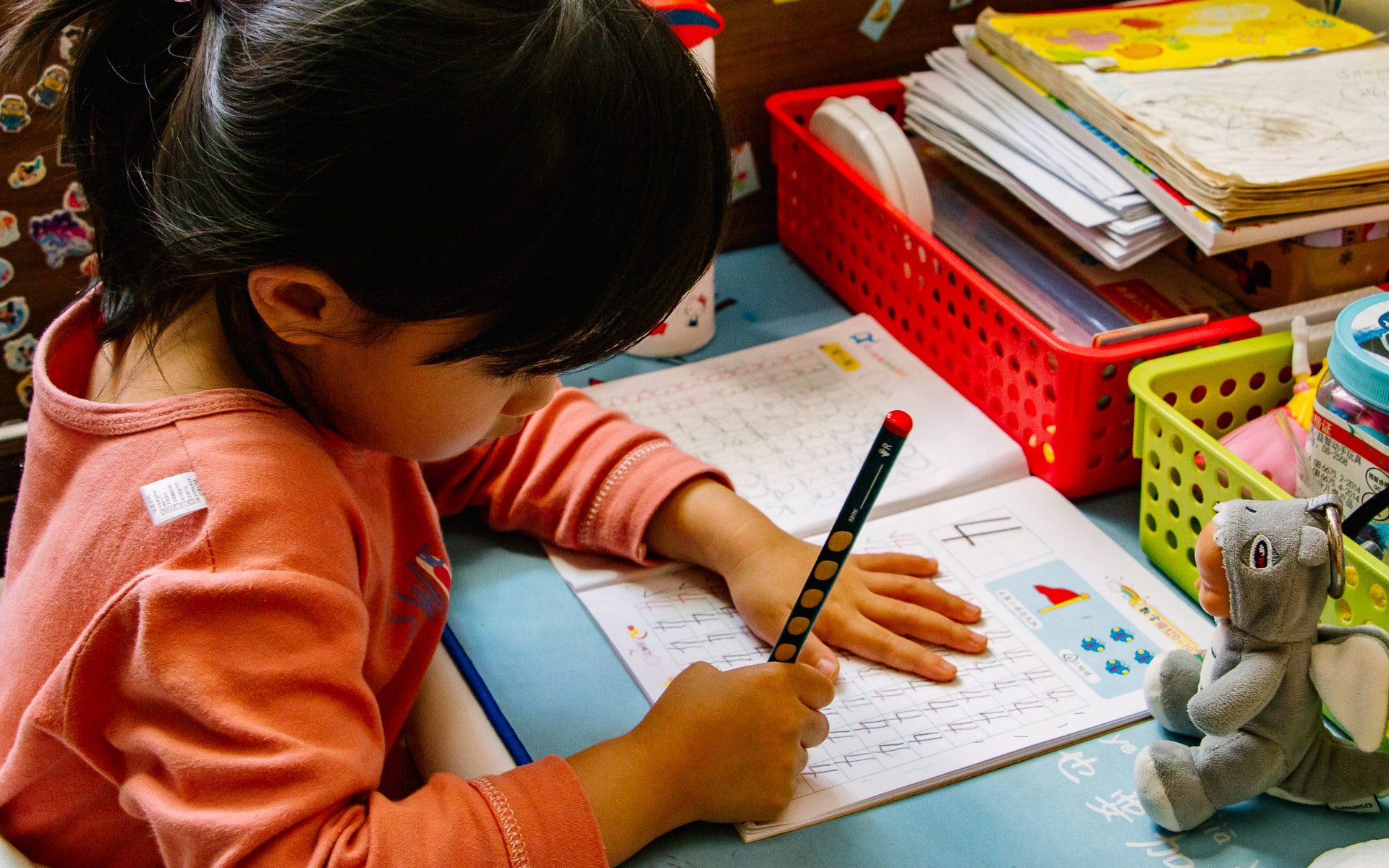Are you looking for strategies to help students who use improper verb tenses wile speaking? If so, keep reading. 1. After recording the learner’s speech, have them find the incorrect verb tenses and make appropriate corrections. 2. Ascertain the type of grammatical model to which the learner is exposed at home. Without placing negative connotations on the parents’ grammatical style, explain the difference between standard and nonstandard grammar. 3. Get the learner to choose a verb to master. As the learner masters the correct use of the verb, they put it on a list with a star and select another …
Continue reading “17 Strategies to Help Students Who Use Improper Verb Tenses While Speaking”









